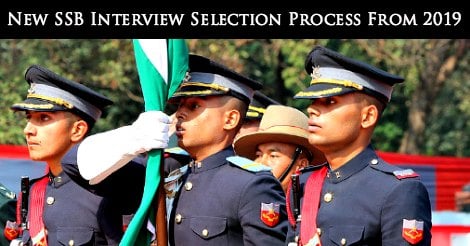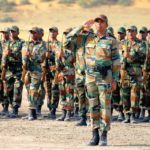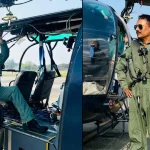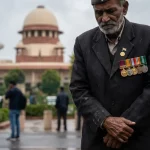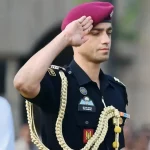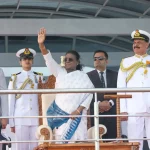Indian armed forces are trying out a new system of officer selection to bring the selection process in tune with the changing job requirement of a modern military officer, while allowing them to better assess the newer generation of aspirants. The new selection system, once approved, will be implemented from 2019.
The existing Services Selection Board (SSB), in vogue since 1948, is a five-day long process for officer selection which includes an interview, group testing and psychological testing of the aspirants. Candidates who are called for the SSB without having passed a UPSC written exam are administered a screening test on the first day. Qualifying on the screening test is mandatory for the candidates to take further tests.
The new ‘De Novo Selection System’, which has been designed by DRDO’s Defence Institute of Psychological Research (DIPR) lab over five years, will accomplish the SSB testing in three days. The new system is being trialled at an SSB at Bangalore for two years, running in parallel with the existing tests. According to DRDO, testing trials in the first year will focus on the sub-systems while integration checks will be run in the second year.
“The SSB testing is personality based and not intelligence based. Our aim with the new tests is to reduce the gap between technological development and human skill development. Formal education is not as important for a military officer of the future as the ability to adapt, learn, unlearn and relearn repeatedly and comprehensively. It is about the modern mind, not the traditional mindset,” a senior DRDO official explained. “We realise that the period of generational change has shrunk and the type of aspirants now changes dramatically within a decade, unlike earlier. The post-1990 generation is a post-globalisation generation, whose analytical and cognitive abilities have gone up. The level of intellectual propensity is different, so are their expectations, not to forget the changes in the value system,” he added. A top DRDO official, who has been closely involved with the development of ‘De Novo Selection System’ said that the idea of a new testing process emerged from a detailed review of the existing selection system. The review is carried out by DIPR for both the assessed and the assessees, on the basis of decade wise data where the long-term profile of every officer in his service is compared with the entry-level profile identified during the selection process. According to the senior DRDO official, “New techniques of behavioural testing are now available globally which are being used to automate and refine our system. The proposal has been discussed threadbare with the three services over the last five years when it first went to the Chiefs of Staff Committee for consideration of the three service chiefs. The armed forces have been very supportive and provided constructive feedback for the new system”. Although the prototype tests for interview, group testing and psychological testing have been designed by DIPR, development of additional tests for different entries, training of assessors and creation of infrastructure for parallel run is still taking place. Subject to the outcome of the trials, based on DIPR’s data of parallel run, and its acceptability by the three defence services, the De Novo Selection System is likely to be implemented at all SSBs in 2019. By reducing the period of SSB testing to three days, the new system will also help in making up for shortages by allowing a greater number of candidates to be tested “It has been ensured that there is no compromise on the quality of candidates being selected and the new selection system, if approved by all three services, would help in screening more candidates. This will increase the capacity of SSBs, thereby reducing the deficiencies in the officer cadre and enhancing the satisfaction level,” a senior army official told The Indian Express.
Indian army has a shortage of around 9,000 officers, as per a reply given in the Lok Sabha by Defence Minister, Manohar Parrikar last month.

